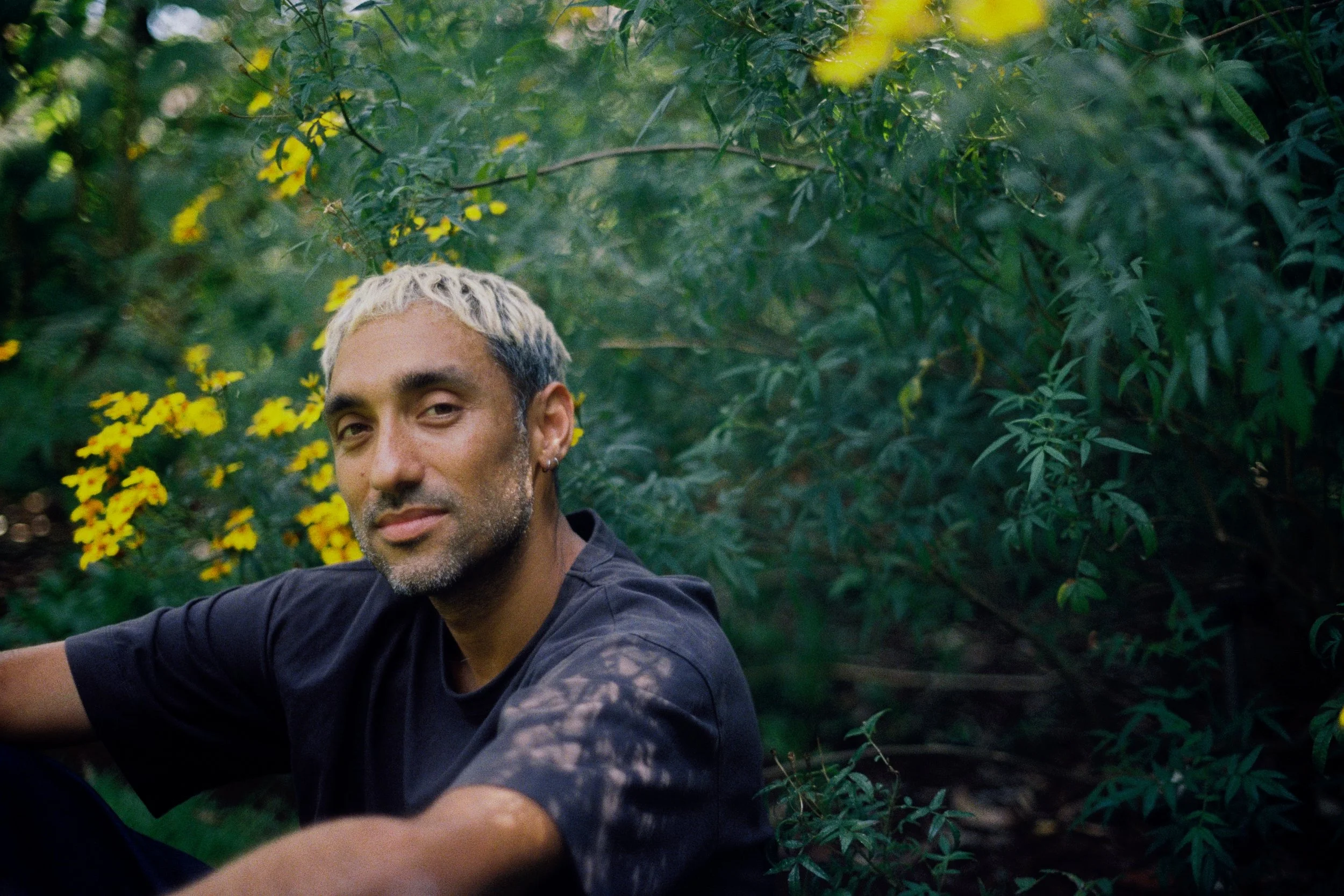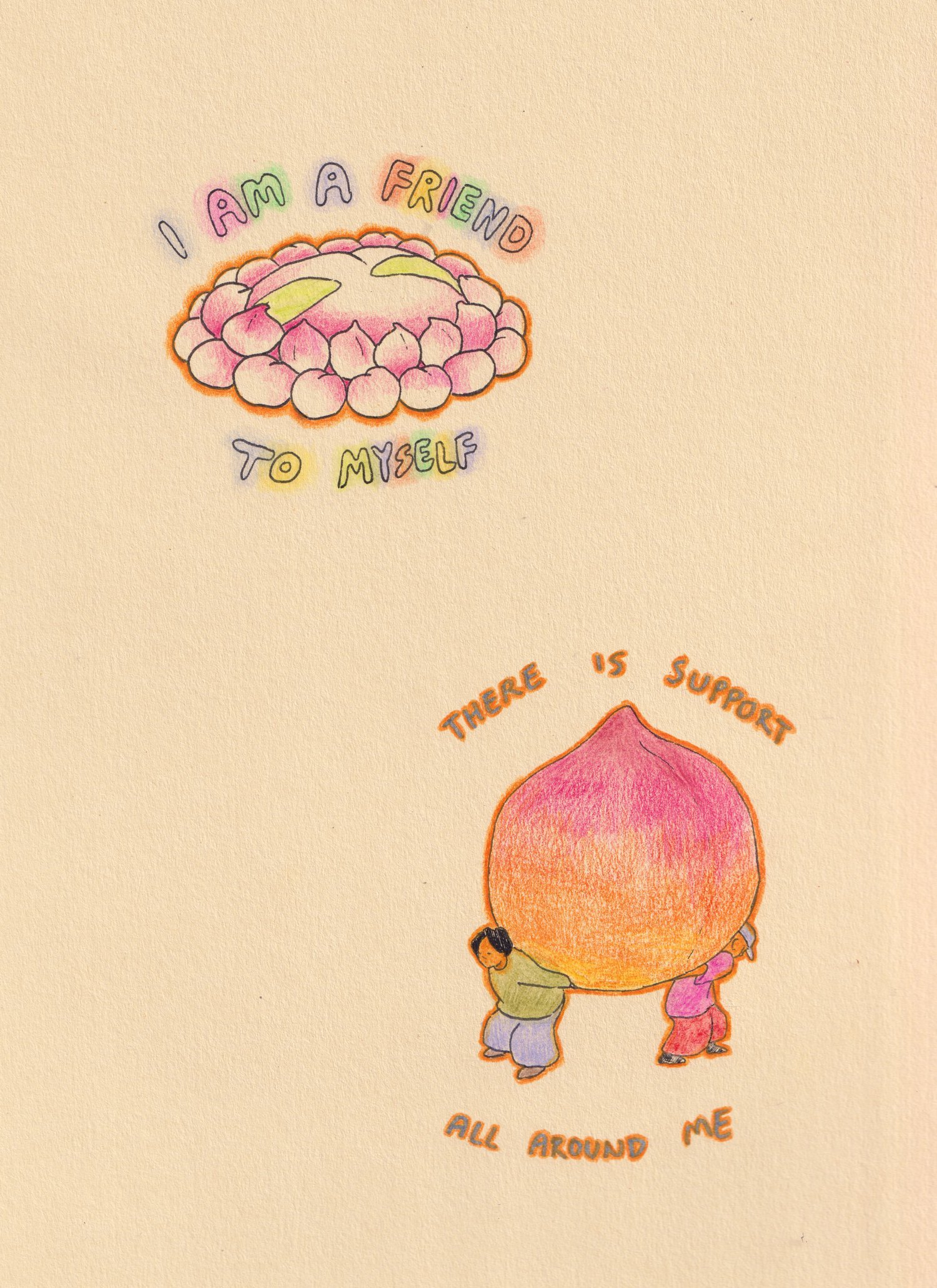
“[…] the process looks like an old chook pecking away through the ruins; slowly, for many years, trying to collect, trying to find things of sustenance.”
“[…] language is a very fluid thing, and you can always be the agent and creator, so long as you give yourself and language a chance.”
“I guess I hope that comics don’t only prosper online, but that cartoonists continue to get together to make small presses, collaborate creatively, and talk in-person about how best to be artists (and support our larger communities) in this actually quite terrifying political landscape.”
“Be hypervigilant of popular discourse, seductive ‘progressive’ language, seemingly neutral and ‘inclusive’ policies, and other co-optation measures that blunt our consciousness, silence us into obedience, seduce us into cooperation, and conscript us to keep the racial machinery going. ”
“Art that conforms to cultures of repression is not neutral. It becomes a tool for reinforcing the status quo, an instrument and extension of state power.”
“I believe that if you’re going to take the past seriously as a setting for fictional work, you have to try your best to bracket out the present and let the story play out in its own terms.”
Interviews
‘I’m interested in poetic forms that can reflect the collective and create relations across time and space.’
“For me, sustainability is always beyond just fabric. It's about how I can sustain my business, my team, myself and my mental health so I can do this for the long run, especially being a mum as well.”
“I don’t have the nerve to go back through the novel to examine its sentences; it would feel too close to being confronted with past crimes.”
"If the empire crushes Palestine, no one wins—we’re all doomed. Which is why when we say ‘A free Palestine frees the world’, it is because a free Palestine frees the world. That’s why this fight is so important."
“Being who I am, namely Australian Chinese and female—two distinct drawbacks in mid-20th-century Australia, especially in the small apple isle of Tasmania—I grew up totally outside the norm in white assimilationist Australia, when those with non-Anglo-Celtic backgrounds were expected to merge with the majority and forget their own cultural backgrounds.”
“Writers seem to come into their literary prime, so to speak, later than other artists because it can take time and long years of lived experience to create something fresh and moving on the page.”
“Art is expressed in so many different ways and forms—you’re wearing a piece of art when you’re wearing my silk, but I see it as more of a design that’s made from pieces of art.”


Notes
Playlist
To celebrate the publication of Liminal interviewee and Comic Sans collaborator Rachel Ang’s I Ate the Whole World to Find You, we’re sharing an excerpt from the first chapter of the book.







































